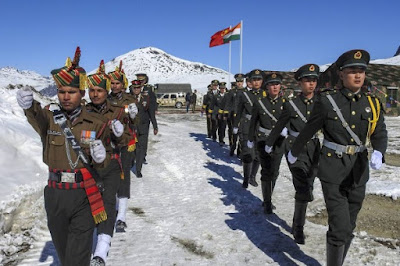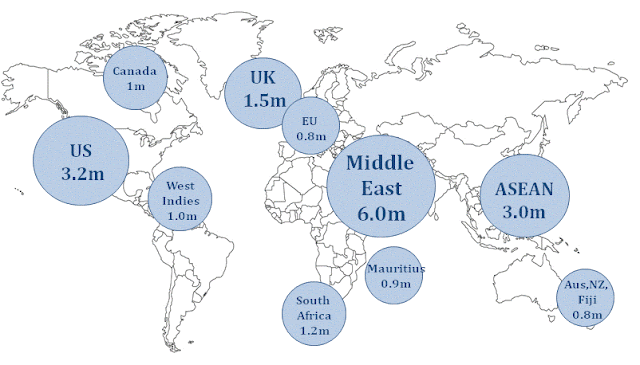On my future journies
As I grew up, I was torn between two ideas of success. First was to be able to sit on the terrace of my ancestral home, a beautiful art deco mansion built in 1940s, on a winter morning, reading something beautiful. This was my idea of vita contempletiva. Second was to travel around the world, doing something meaningful. This was my idea of vita activa. These two ideas are obviously incompatible. My entire life was shaped by this tension. But it was a tension not only in my mind, but in the outside world too. By the time I finished college, Soviet Union disappeared, and the ideas environment I grew up in changed. Even in 1989, one of the subjects in my Undergraduate Economics course was Soviet Economic development, and I spent my paltry college pocket money on buying books published in USSR (primarily because they were cheap). In a sense, my idea of certainty fell away at that point. With that went my first idea of success, one of a quiet, stable life. India was changing, too. This...




